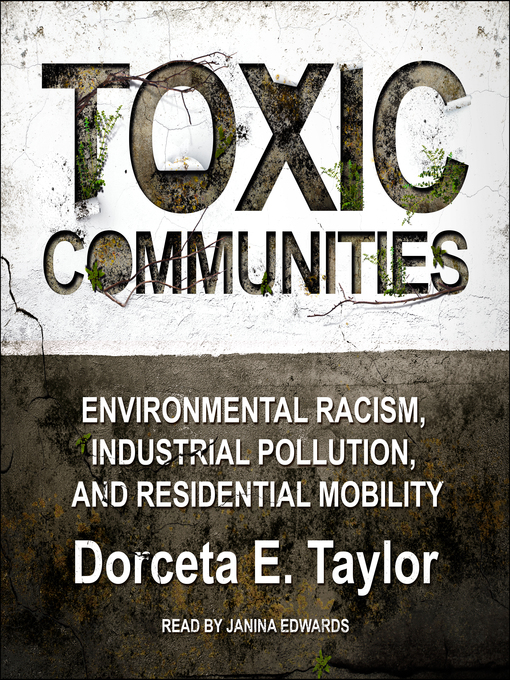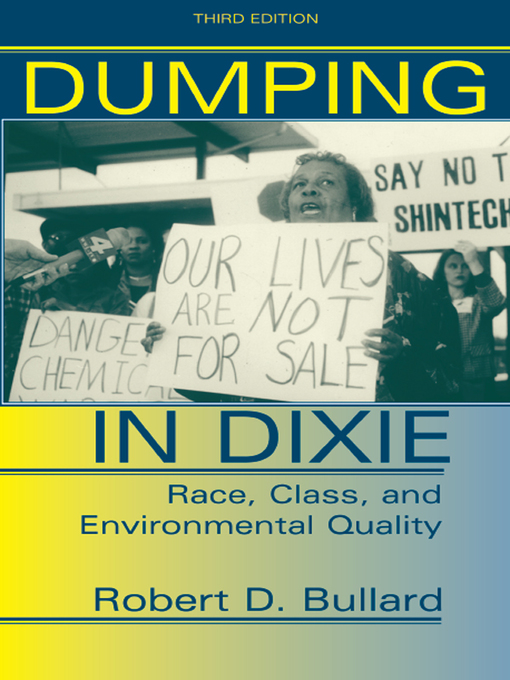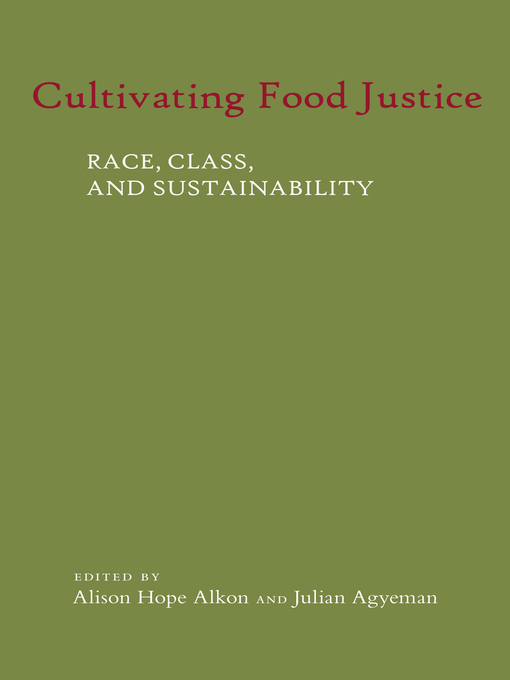Environmental scientist Ryan E. Emanuel, a member of the Lumbee tribe, shares stories from North Carolina about Indigenous survival and resilience in the face of radical environmental changes.
With a basis in environmental history, this groundbreaking study challenges the idea that a meaningful attachment to nature and the outdoors is contrary to the black experience.
Clean and White offers a history of environmental racism in the United States focusing on constructions of race and hygiene.
The MacArthur grant–winning environmental justice activist's riveting memoir of a life fighting for a cleaner future for America's most vulnerable.
Why are African Americans so underrepresented when it comes to interest in nature, outdoor recreation, and environmentalism? In this thought-provoking study, Carolyn Finney looks beyond the discourse of the environmental justice movement to examine how the natural environment has been understood, commodified, and represented by both white and black Americans.

There are poor and minority neighborhoods so beset by pollution that just living in them can be hazardous to your health. Due to entrenched segregation, zoning ordinances that privilege wealthier communities, or because businesses have found the "paths of least resistance," there are many hazardous waste and toxic facilities in these communities, leading residents to experience health and wellness problems on top of the race and class discrimination most already experience.
In 1920, 14 percent of all land-owning US farmers were black. Today less than 2 percent of farms are controlled by black people—a loss of over 14 million acres and the result of discrimination and dispossession. While farm management is among the whitest of professions, farm labor is predominantly brown and exploited, and people of color disproportionately live in “food apartheid” neighborhoods and suffer from diet-related illness.
A study of the struggle for environmental justice, focusing on conflicts over solid waste and pollution in Chicago.In Garbage Wars, the sociologist David Pellow describes the politics of garbage in Chicago. He shows how garbage affects residents in vulnerable communities and poses health risks to those who dispose of it.

From the Ground Up critically examines one of the fastest growing social movements in the United States—the movement for environmental justice.

This book provides the major economic, social, and psychological impacts associated with the siting of noxious facilities and their significance in mobilizing the African American community. It explores the barriers to environmental and social justice experienced by African Americans.

Documents how racial and social inequalities are built into our food system, and how communities are creating environmentally sustainable and socially just alternatives.

The controversial Dakota Access Pipeline (DAPL) made headlines around the world in 2016. Activists rallied near the Standing Rock Reservation in North Dakota for months in opposition to DAPL, winning an unprecedented but temporary victory before the federal government ultimately permitted the pipeline.

A manifesto and memoir about climate justice and how we can—and must—build a livable future for all, inclusive to all, by a rising star of the global climate movement.

The story of Native peoples’ resistance to environmental injustice and land incursions, and a call for environmentalists to learn from the Indigenous community’s rich history of activism.
Provocative and illuminating essays from women at the forefront of the climate movement who are harnessing truth, courage, and solutions to lead humanity forward. There is a renaissance blooming in the climate movement- leadership that is more characteristically feminine and more faithfully feminist, rooted in compassion, connection, creativity, and collaboration. To change everything, we need everyone.
An inspired weaving of indigenous knowledge, plant science, and personal narrative from a distinguished professor of science and a Native American whose previous book, Gathering Moss , was awarded the John Burroughs Medal for outstanding nature writing.
Across the industrialized West and the Global South, unsustainable practices and social inequities exacerbate one another. How do social justice and sustainability connect? What does sustainability mean and, most importantly, how can we achieve it with justice?
'Will open the minds of even the most ardent denier of climate change and/or systemic racism. If there's one book that will help you to be an effective activist for climate justice, it's this one.' - Dr Shola Mos-Shogbamimu, author of This is Why I Resist